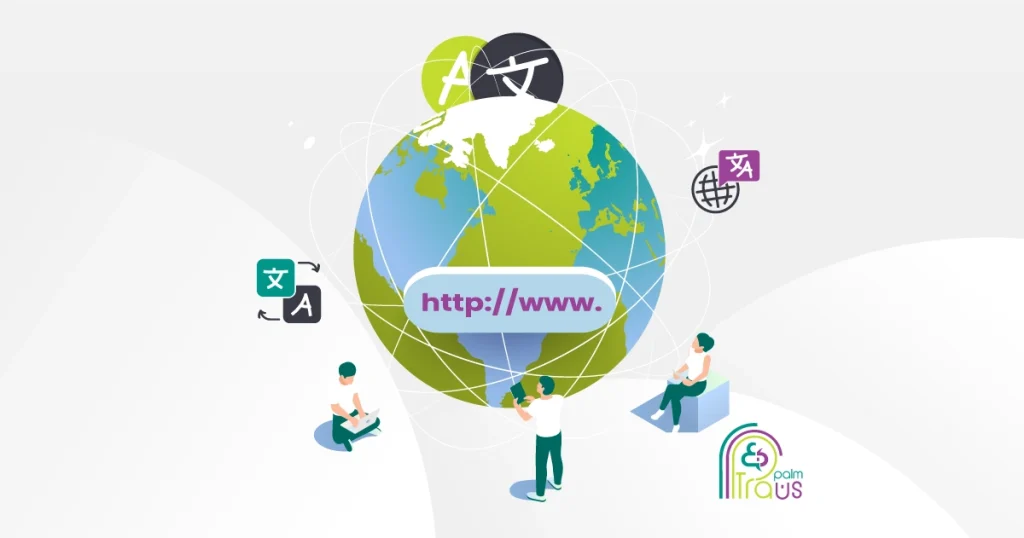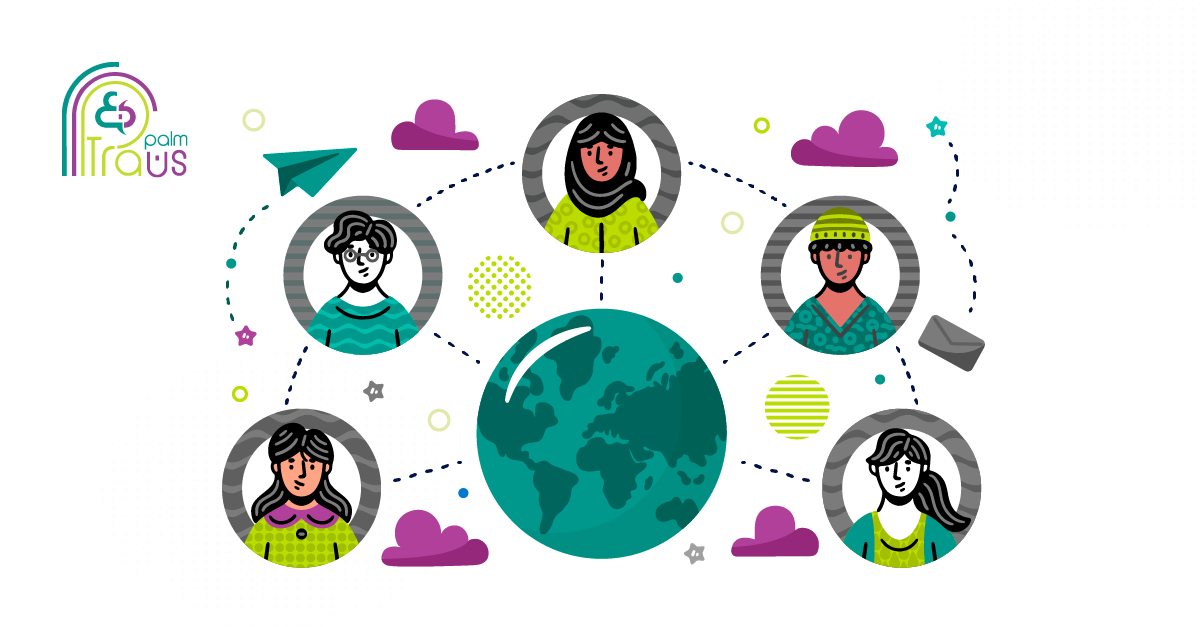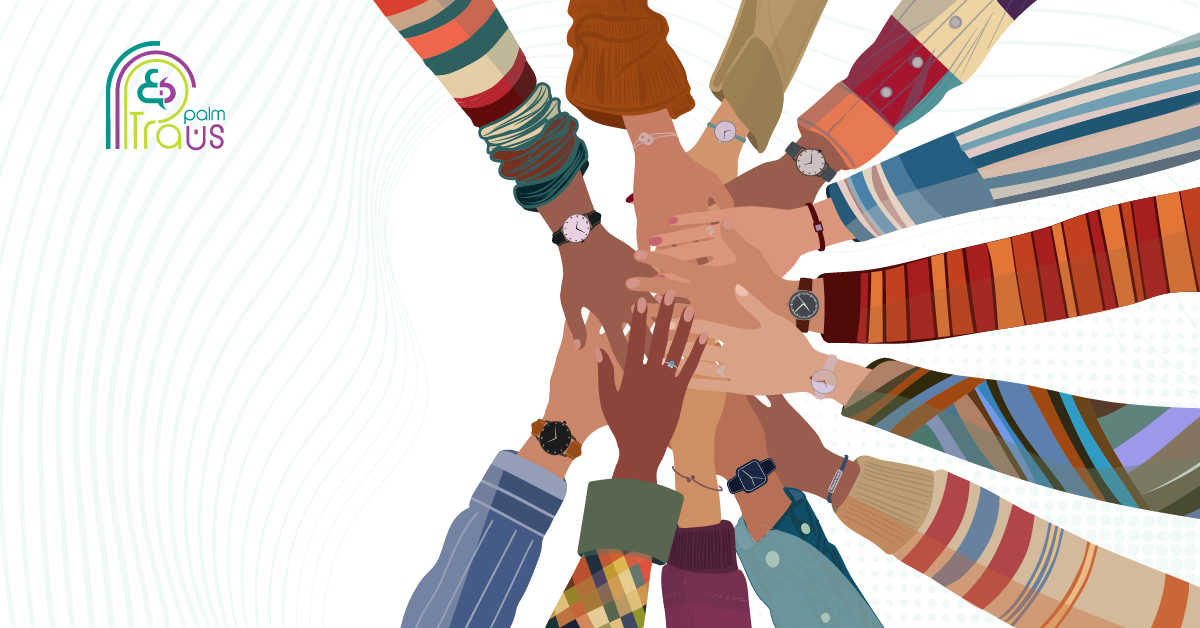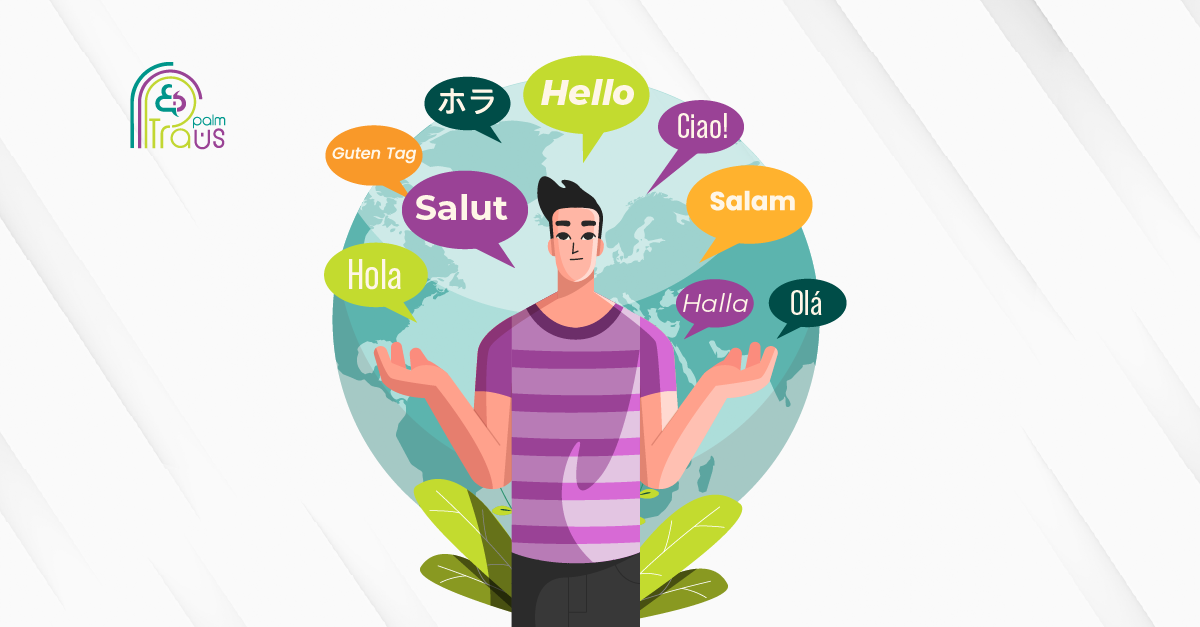Who do you think holds the crown for the most widely translated website in the world? The answer might surprise you! You would probably guess Google, Wikipedia, or Apple.
Believe it or not, it is actually a Christian religious organization, not any of these three giants.
In this post, we discover the most translated websites in the world and the strategies behind their multilingual success. You’ll also explore practical lessons for your business to apply.
The Reigning Champion: Jehovah’s Witnesses Website
jw.org, the official website of Jehovah’s Witnesses, holds the record as the most widely translated website in the world.
As of now, it highlights over 1000 languages, including:
- Major world languages (Arabic, English, French, Spanish, Chinese, etc.).
- Regional Languages (Fijian, Yoruba, Quechua, Tamil, etc.).
- Minority and endangered languages (Navajo Chamorro, etc.).
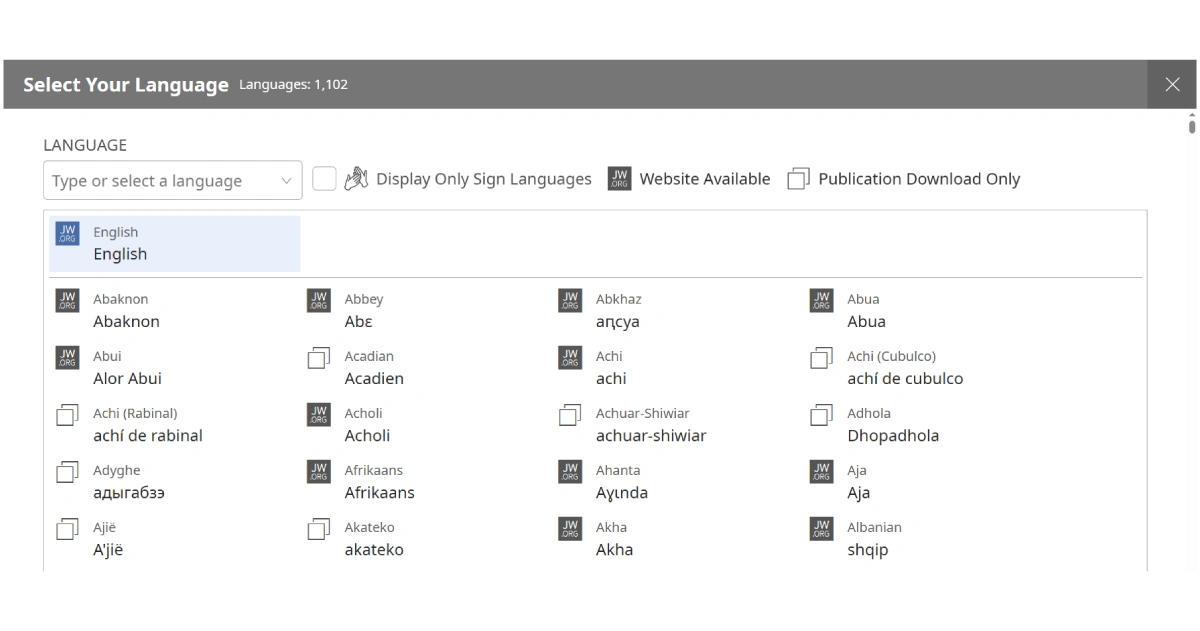
But why so many?!
The organization believes that everyone deserves access to Bible teachings in their native language, even if it’s a local or rare language.
Thus, the scale of their translation efforts is central to their purpose, and not a side project.
Headquartered in Warwick, New York, it serves as the central hub for their global operations.
Making the experience much richer and easier to understand, they also have videos and audio you can watch and listen to in many languages.
This religious organization is led by the Governing Body, which oversees how everything runs worldwide, including translation work.
The World’s Most Translated Websites?
Wikipedia
It is one of the most translated websites in the world, and people often use it as a source of information or reference.
There are approximately 37 million articles on Wikipedia, translated into over 300 languages, although not every article appears in all languages; only the popular ones are translated into many languages.
At first, only experts in their fields were supposed to write articles on Wikipedia. But over time, the site evolved into a version where anyone could write, edit, and contribute.
Wikipedia does not have a separate version for each dialect of a language. Rather, contributors merge similar dialects into one version.
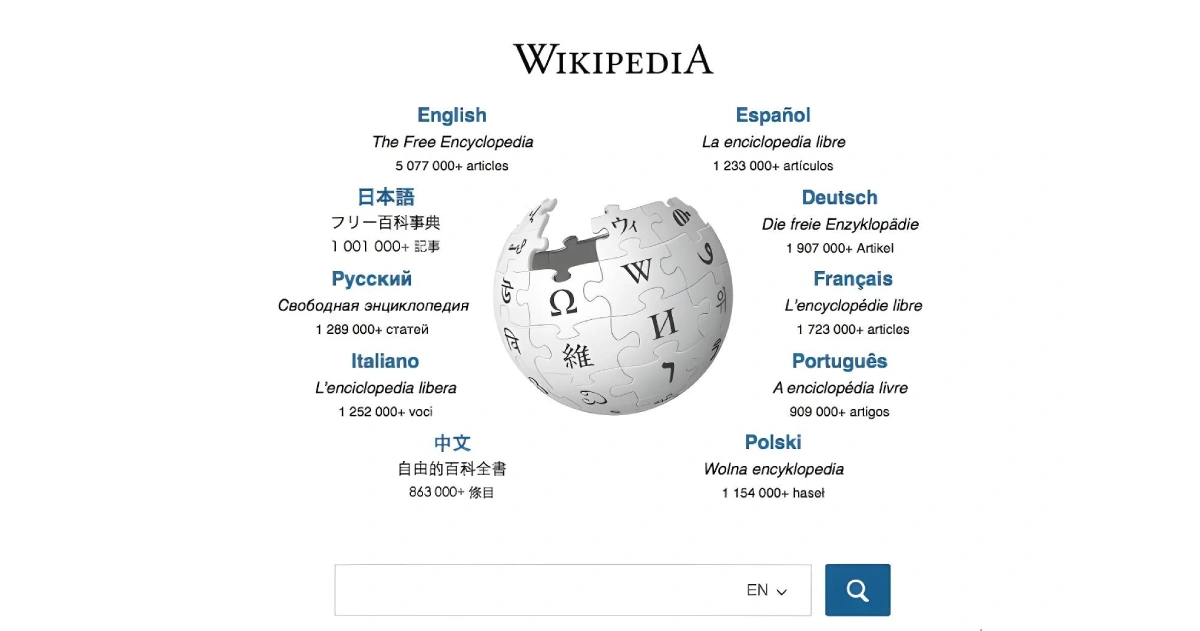
It is the world’s largest and most popular search engine, supporting 164 languages. While Google offers many language options, it does not contain much textual content, but it mainly shows a search bar, a few buttons, settings, and menus.
However, basic information or instructions are usually only available in English. The interesting thing about Google is that when you look for a business website, it shows results based on your geography and displays business information in the language you prefer.
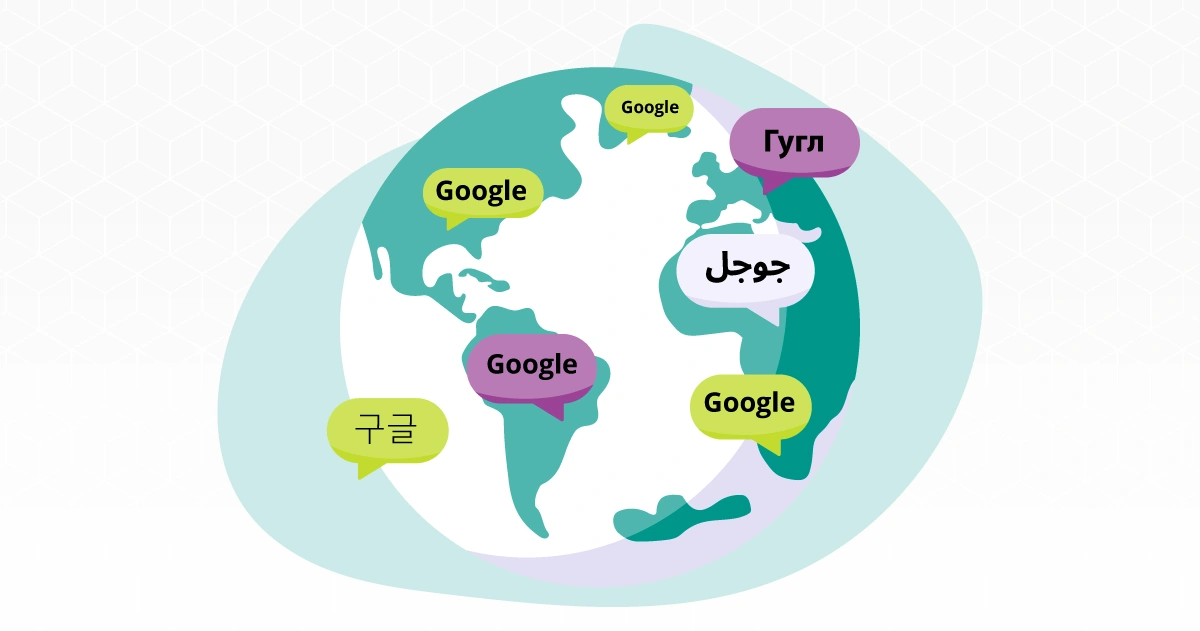
Content is generated by a network of users, and because it appears so quickly, it is impossible to translate the text. Therefore, the Facebook platform uses automatic translation software to provide instant translations of posts and comments into various foreign languages.
Facebook currently covers over 101 languages, with plans to add 40 more soon to enable communication between multiple speakers.
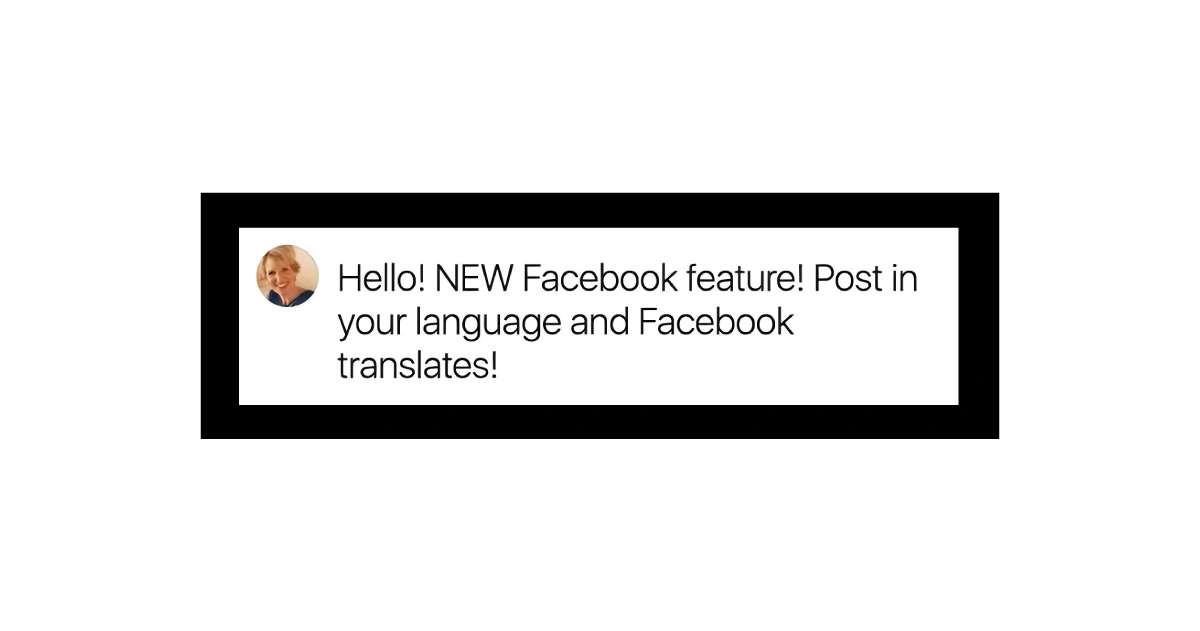
Other Highly Translated Websites
Apple is one of the most translated websites in the world, available into 130 different languages. Even though Samsung offers 166 language options in the IT industry, Apple is ahead of the curve in terms of translating its content into every language.
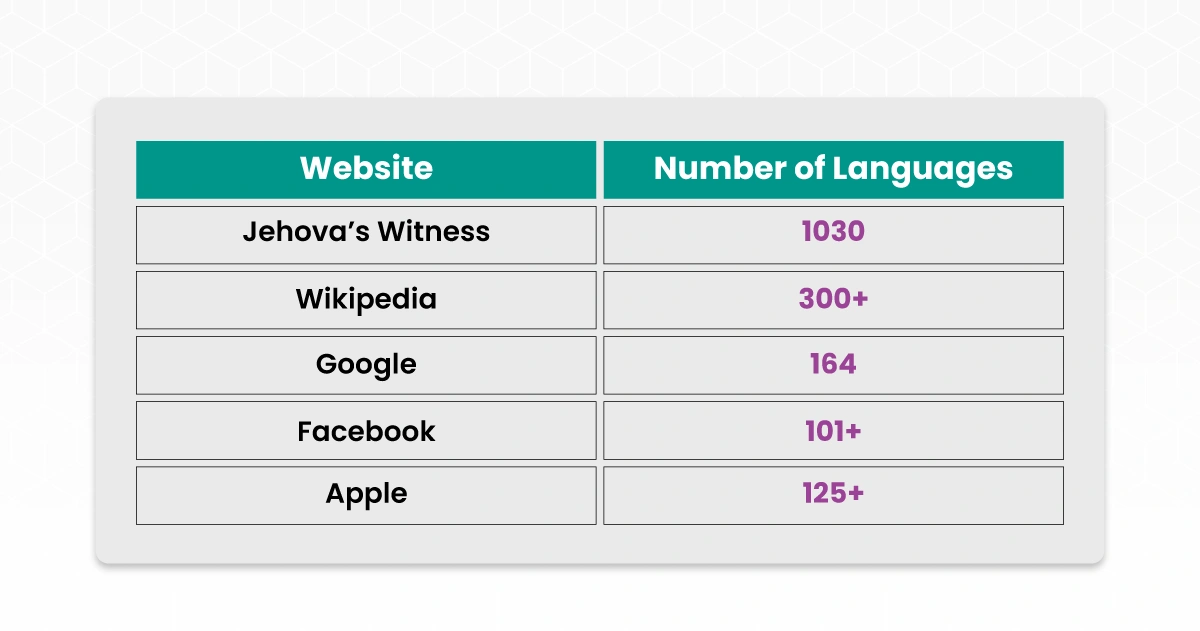
The Importance of Native Language Content
1. Connecting with Your Target Audience
Audiences engage more with website content presented in their native language. It helps them trust your brand, enjoy the experience, and feel loyal as a customer.
2. Cultural Sensitivity
Word-for-word translation can sometimes sound rude or even offensive. In contrast, marketing translation services catch cultural cues and take local customs into account, so your message is always relevant and respectful.
3. Increased Engagement and Conversions
Websites that offer localized content and support native languages see higher engagement rates and better conversion metrics.
The Future of Website Translation
More businesses are selling their products and services on a global scale due to the desire to increase market share and profitability.
People now expect websites to be available in their native language. This demand is pushing companies to invest in multilingual content more than ever.
AI tools and machine translation now provide enhanced capabilities, faster delivery, and more cost-effective solutions.
However, they still cannot fully capture tone, context, nuances, or creative expressions. This is why human input remains necessary for quality and accurate results.
Businesses that use professional localization boost visitor engagement on websites and increase the likelihood of purchases or service usage. As a result, effective localization helps businesses stand out from their competitors.
Why Choose Professional Translation Services?
Accuracy
Translators who are native speakers understand the language and culture of a target language to make your message sound natural.
Consistency
Professional translation teams keep your brand voice and messaging consistent across different languages.
Better SEO
Good translations include the use of the right SEO keywords for each language to rank in local search engines and optimize visibility in the global market.
Time and Cost Efficiency
Managing translation projects yourself can be slow and exhausting.
Working with a professional translation services agency handles everything for you so that you can focus more on growing your business.
Turn Your Site into a Global Magnet with Our Website Localization
Are you ready to explore the potential of international markets? Get in touch with us right now to find out how our website localization services can help you accomplish your business objectives and connect with clients around the world.
Whether you are a SaaS startup or an established business, the opportunity to grow globally starts with speaking your customers’ language.

